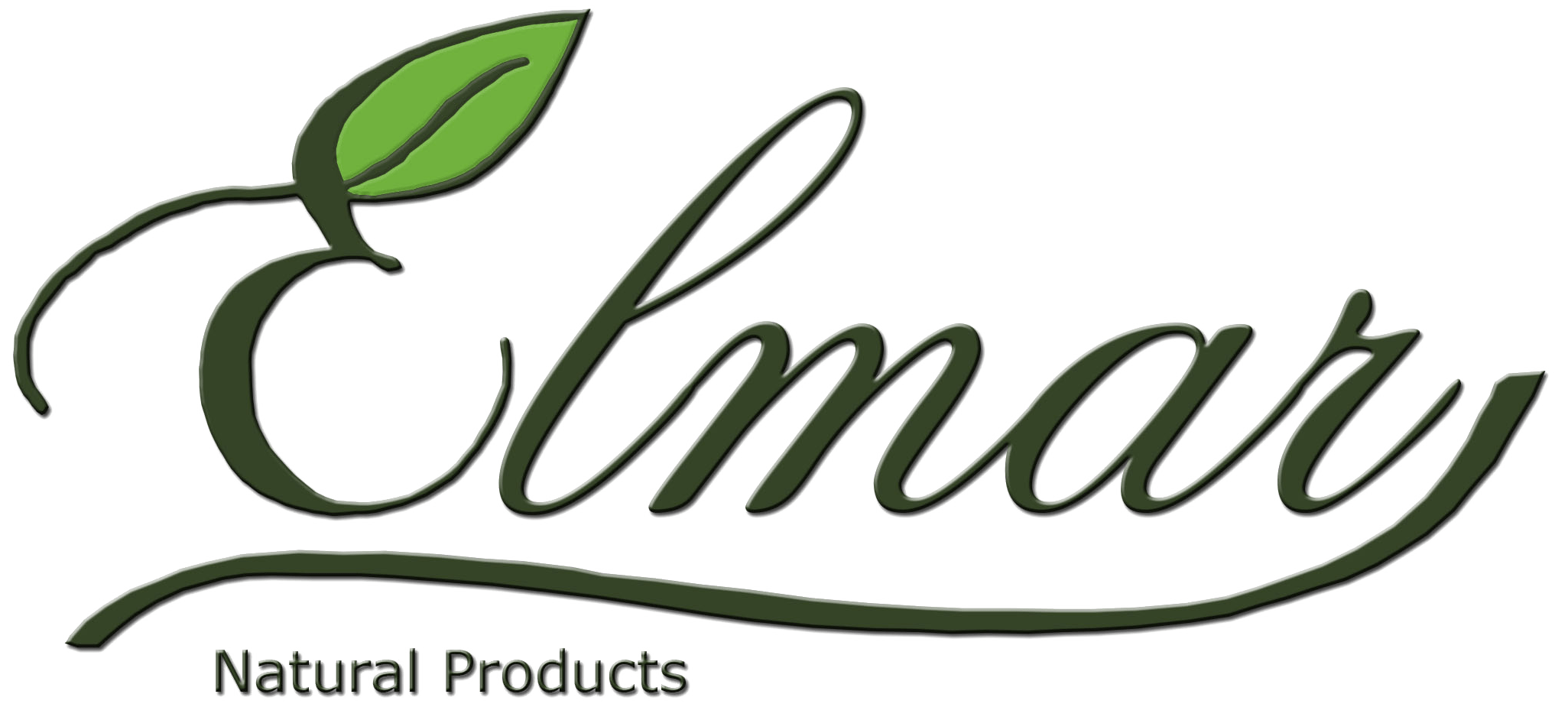This is the information shared by Mr. Dinh Quyet Tam – Chairman of the Vietnam Beekeeping Association at the online seminar “Disseminating and answering some new regulations of veterinary law” organized recently by Vietnam Agricultural Newspaper in collaboration with the Department of Animal Health, the Legal Department (Ministry of Agriculture and Rural Development).
According to Mr. Dinh Quyet Tam, Vietnam has been exporting honey since 1985. Up to now, Vietnam has passed 5 inspections by the EU and 2 inspections by the US. In the most recent EU assessment, Vietnam’s honey production has been recognized to meet EU requirements. Meeting the requirements of difficult markets such as the EU and the US has helped Vietnam’s bee industry hold a firm position so far.

Since 2022, Vietnam’s honey exports to the US market have declined sharply.
However, Mr. Dinh Quyet Tam acknowledged that, compared to the needs and requirements of the EU and the US markets, our facilities are weak and lacking equipment increasingly.
2021 is the year that the American Beekeepers Association requested the authorities for an anti-dumping investigation on honey exported to the US. In May 2021, the US Department of Commerce (DOC) decided to investigate the anti-dumping of honey products from Brazil, India, Ukraine, Argentina, and Vietnam.
With the subsequent decision of the DOC, Vietnam was the country subject to the highest anti-dumping tax among the five countries surveyed, up to 58.74% – 61.27%. Therefore, from 2022 up to now, Vietnam’s honey exports to the US market have declined.
While for the US market, Vietnamese honey faces anti-dumping duties, for the EU market, this product must meet very strict requirements and standards. Mr. Dinh Quyet Tam said that in the past they only monitored residues (in the field of Animal Health), at the beginning of this year, they said that Vietnamese honey had quality issues.
“The Department of Animal Health (Ministry of Agriculture and Rural Development) immediately gave feedback,” said Mr. Dinh Quyet Tam.
Regarding veterinary medicines, in the past, when the EU went to inspect, they asked us to explain what veterinary medicines in beekeeping are, and their point was not to use any antibiotics in beekeeping. Although residues are allowed, they only recommend organic acids.

Being subject to high tax rates, Vietnam’s honey exports face difficulties.
Besides, according to world regulations, it is not allowed to harvest after feeding bees. EU regulations are very strict on honey quality. Honey exported to the EU, if mixed by any country, should be clearly stated on the trademark. The EU not only specifies the origin of the mixing country but the ratio.
Regarding these contents, Ms. Huynh Thi Thanh Binh – Head of the Community Animal Health Department – Department of Animal Health (MARD) shared, beekeeping, tasks have been assigned to the locality. Therefore, localities also need to be responsible for exporting honey products. Regarding the order and quarantine of products used domestically as well as for export have been clearly defined in the system of legal documents.
The contents related to honey mixing ratio as reflected by the Vietnam Beekeeping Association, representatives of the Department of Animal Health committed to discussing more towards guaranteeing and improving quality, food hygiene, and safety in accordance with the standards and regulations of each market.
According to Ms. Binh, after the EU officially allows Vietnam to export honey to this market, every year, the Department of Animal Health must send a supervision report on honey residues from last year and the next year’s plan for the EU to evaluate. If the result of this assessment is satisfactory, the EU will officially answer whether Vietnam can continue to export to the EU market./.
